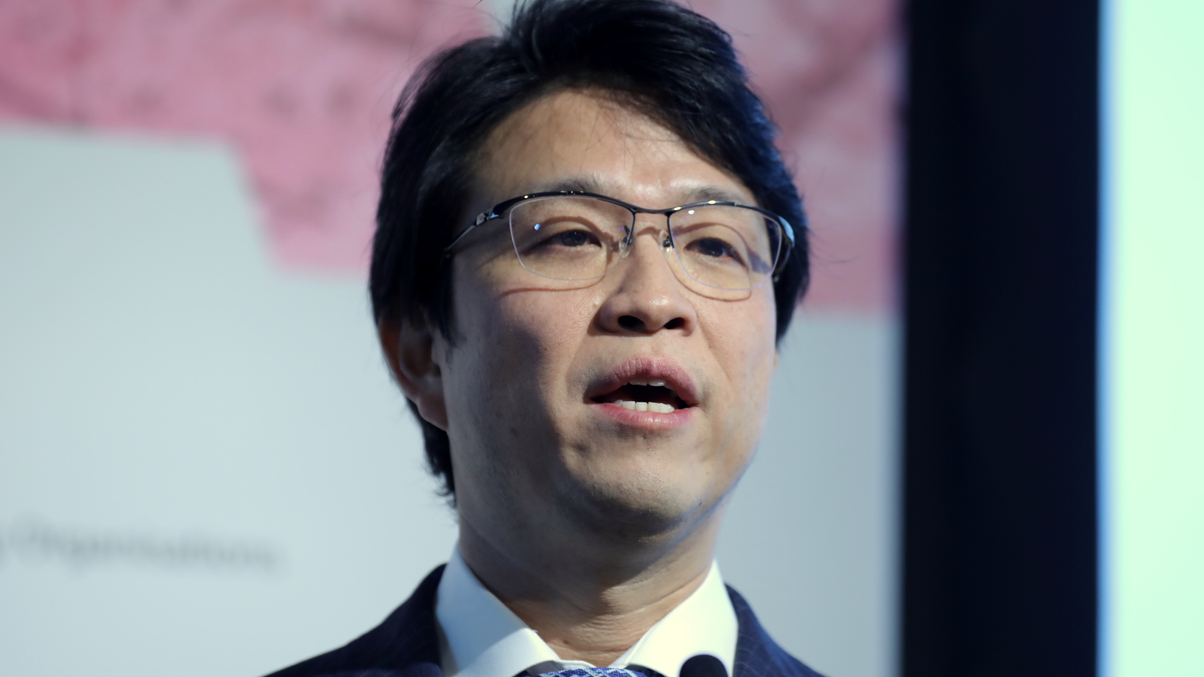Why GPIF’s Mizuno is focused on market sustainability
The chief investment officer of Japan’s biggest pension fund is focusing more on long term capital market risk than investment allocations.

The Government Pension Investment Fund (GPIF) is prioritising preventing systematIc capital market failure over immediate investment returns, courtesy of a chief investment officer (CIO) who has taken a unique approach to his job.
Sign in to read on!
Registered users get 2 free articles in 30 days.
Subscribers have full unlimited access to AsianInvestor
Not signed up? New users get 2 free articles per month, plus a 7-day unlimited free trial.
¬ Haymarket Media Limited. All rights reserved.


